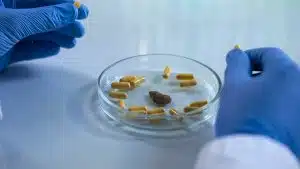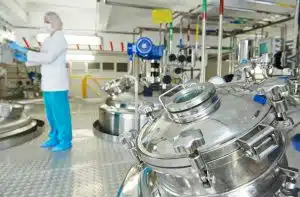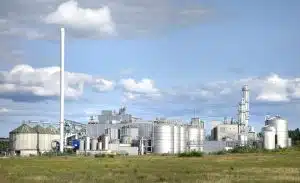
Monopropylene Glycol & Dipropylene Glycol: Essential Glycols for Pharmaceuticals and Food
Among the many glycols used in modern industry, monopropylene glycol (MPG) and dipropylene glycol (DPG) stand out for their roles

Among the many glycols used in modern industry, monopropylene glycol (MPG) and dipropylene glycol (DPG) stand out for their roles

Often described as the “simplest alcohol,” methanol (CH₃OH) is one of the most versatile chemicals in the global economy. While

Few solvents have become as widely recognised and as versatile in use as isopropanol (IPA). From disinfectants and pharmaceuticals to

Ethanol is one of the most widely traded commodities in the world, linking agriculture, energy, beverages, pharmaceuticals and personal care

ol is one of the first-ever chemical processes known to humans, but it would take thousands of years for people to truly understand how it worked .

Ethanol is a widely used and recognised substance found in many different types of products, from drinks and cosmetics to household cleaners.

One of the most major stories of the past few months has involved subtle changes to the fuel used in petrol cars.

Rum is traditionally seen as a winter spirit due to the belief that it can help warm you up. This